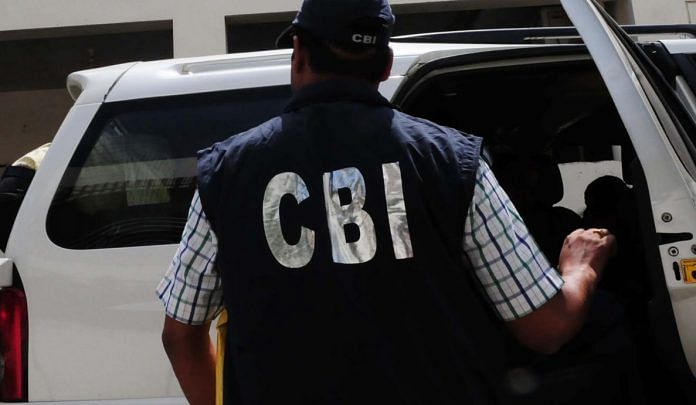New Delhi: The Delhi High Court Tuesday directed the CBI to not take coercive steps against a Hyderabad-based businessman who is an accused in a corruption case involving meat exporter Moin Akhtar Qureshi, the agency’s ex-director A P Singh and a witness in the ED case.
A bench of justices Siddharth Mridul and Sangita Dhingra Sehgal sought responses of the CBI and ED on a plea by Pradeep Koneru, the Hyderabad-based businessman.
The court said no coercive steps be taken against Koneru till the next date of hearing on March 19. It, however, granted liberty to CBI to seek modification of this order at any stage.
It asked Koneru to keep joining the investigation as and when called by CBI officials.
Koneru, who was represented by senior advocate Mukul Rohatgi, said the ED filed a chargesheet in 2018 arraying him as a prosecution witness and not an accused but he was shocked to learn that CBI has issued a “recommendation for his arrest”.
The FIR, in connection with which Koneru was being questioned, was filed in 2017 by CBI after ED and Income Tax department’s probe into money laundering and blackmoney allegations against Qureshi allegedly revealed involvement of senior public servants.
Also read: Law secretary retires after govt decides not to give him extension following Moin Qureshi row
The ED had written a letter to the CBI in this regard and it had in 2017 lodged an FIR against the meat exporter as well as its former director A P Singh, Koneru and several others.
Another Hyderabad-based businessman, Sathish Babu Sana, on whose complaint a bribery case was filed against then CBI special director Rakesh Asthana, is also a witness in this case.
Koneru, in its plea filed through advocate Aniruddha Deshmukh, said he was summoned by the investigating agencies several times and has co-operated with them.
He said that on May 19, 2018, when he was travelling abroad, he was apprehended at the airport on the basis of a Look Out Circular (LOC) issued against him.
Koneru, who sought quashing of the FIR filed against him by CBI, has also challenged various provisions of the Prevention of Money Laundering Act, saying they are unconstitutional and violates his fundamental rights.






